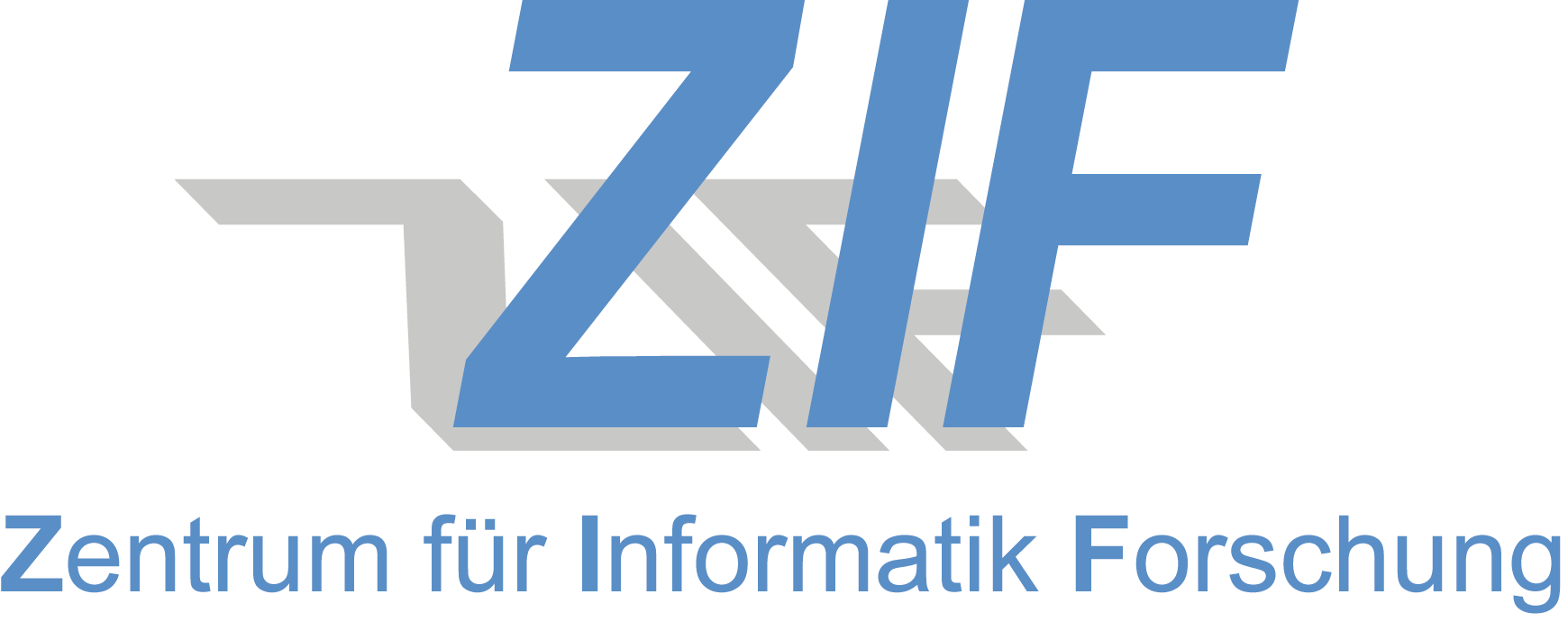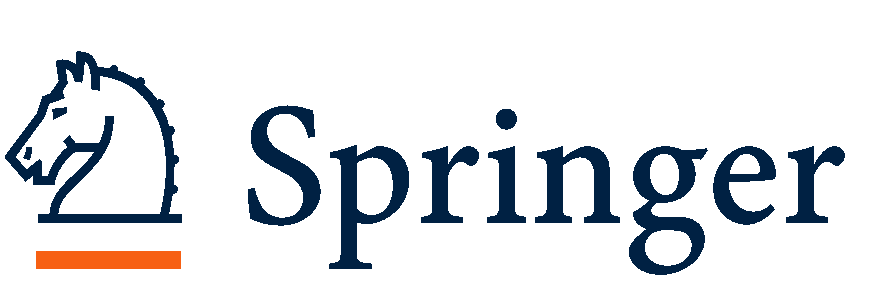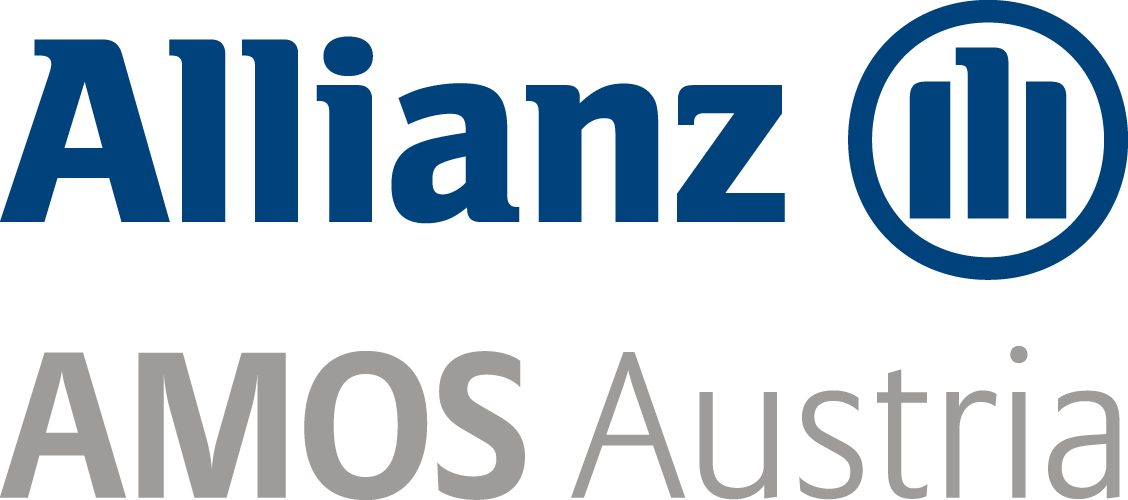Workshops
This year, STAF is proud to feature the following interesting workshops:
- BigMDE: Scalable Model Driven Engineering
- DataMod: From Data to Models and Back
- FORECAST: FORmal methods for the quantitative Evaluation of Collective Adaptive SysTems
- GCM: Graph Computation Models
- HOFM: Human-Oriented Formal Methods: From Readability to Automation
- MELO: Model-Driven Engineering, Logic and Optimization
- SEMS: Software Engineering Methods in Spreadsheets
- VeryComp: Formal to Practical Software Verification and Composition
BigMDE: Scalable Model Driven Engineering
Website: http://www.big-mde.eu
Friday, July 8, room KR (Sixth Floor)
As Model Driven Engineering (MDE) is increasingly applied to larger and more complex systems, the current generation of modelling and model management technologies are being pushed to their limits in terms of capacity and efficiency. As such, additional research and development is imperative in order to enable MDE to remain relevant with industrial practice and to continue delivering its widely-recognised productivity, quality, and maintainability benefits. The aim of this workshop is to provide a venue where developers and users of modelling and model management languages and tools can present problems and solutions related to topics such as working with large models, collaborative modelling (version control, collaborative editing), transformation and validation of large models, model fragmentation and modularity mechanisms, efficient model persistence and retrieval, models and model transformations on the cloud, and visualization techniques for large models.
Organizers:
- Dimitris Kolovos (University of York, England)
- Davide Di Ruscio (University of L’Aquila, Italy)
- Nicholas Matragkas (University of Hull, England)
- Jesús Sánchez Cuadrado (Universidad Autonoma de Madrid, Spain)
- István Ráth (Budapest University of Technology and Economics, Hungary)
- Massimo Tisi (Ecole des Mines de Nantes, France)
DataMod: From Data to Models and Back
Website: http://pages.di.unipi.it/datamod/edition-2016/
Friday, July 8, room SE 127 (Third Floor)
DataMod 2016 aims at bringing together practitioners and researchers from academia, industry and research institutions interested in the combined application of computational modelling methods with data-driven techniques from the areas of knowledge management, data mining and machine learning. Modelling methodologies of interest include automata, agents, Petri nets, process algebras and rewriting systems. Application domains include social systems, ecology, biology, medicine, smart cities, governance, education, software engineering, and any other field that deals with complex systems and large amounts of data. Papers can present research results in any of the themes of interest for the symposium as well as application experiences, tools and promising preliminary ideas. Papers dealing with synergistic approaches that integrate modelling and knowledge management/discovery or that exploit knowledge management/discovery to develop/syntesise system models are especially welcome.
Organizers:
FORECAST: FORmal methods for the quantitative Evaluation of Collective Adaptive SysTems
Website: http://forecast.disia.unifi.it
Friday, July 8, room EI 11 (Third Floor)
Collective Adaptive Systems (CAS) consist of a large number of spatially distributed heterogeneous entities with decentralised control and varying degrees of complex autonomous behaviour that may be competing for shared resources even when collaborating to reach common goals. It is important to carry out thorough quantitative modelling and analysis and verification of their design to investigate all aspects of their behaviour before they are put into operation. This requires combinations of formal methods and applied mathematics which moreover scale to large-scale CAS. The primary goal of this workshop is to raise awareness in the software engineering and formal methods communities of the particularities of CAS and the design and control problems which they bring.
Organizers:
GCM: Graph Computation Models
Website: http://gcm2016.inf.uni-due.de
Monday, July 4, room EI 8 (Ground Floor)
Graphs are common mathematical structures which are visual and intuitive. They constitute a natural and seamless way for system modeling in science, engineering and beyond, including computer science, life sciences, business processes, etc. Graph computation models constitute a class of very high level models where graphs are first-class citizens. They generalize classical computation models based on strings (e.g., Chomsky grammars) or on trees (e.g., term rewrite systems). Their mathematical foundation, in addition to their visual nature, facilitates the specification, validation and analysis of complex systems. A variety of computation models have been developed using graphs and rule-based graph transformation. These models include features of programming languages and systems, paradigms for software development, concurrent calculi, local computations and distributed algorithms, and biological or chemical computations. The aim of GCM 2016 is to bring together researchers interested in all aspects of computation models based on graphs and graph transformation techniques.
Organizer:
HOFM: Human-Oriented Formal Methods: From Readability to Automation
Website: http://hofm2016.wordpress.com
Monday, July 4, room SE 384 (Fourth Floor)
While designing and applying formal methods, computer scientists have dominantly focused on two factors, only: firstly, the method must be precise and sound and secondly, it must be mathematically concise and aesthetic. Other important characteristics such as simplicity or learnability are ignored too often. These nonfunctional properties, however, are key attributes of usability and user satisfaction. If usability is compromised, methods are not fit for the purpose of documenting, reproducing and communicating key design and realization decisions, or analysis results. For these reasons, many engineers and practitioners largely reject formal methods and formal specification languages as “too hard to understand and use in practice” while admitting that they are powerful and precise. Practitioners across numerous domains are increasingly interested in formal domain-specific modelling, simulation and validation. While there are many applications of formal methods to analyze human-machine interaction and to construct user interfaces, the field of application of human factors to the analysis and to the optimization of formal methods area is almost unexplored. This workshop aims to bring together researchers, engineers and practitioners from academia and industry to baseline the state of the art in this increasingly important domain.
Organizers:
MELO: Model-Driven Engineering, Logic and Optimization
Website: http://www.disim.univaq.it/melo16/
Monday, July 4, room SE 127 (Third Floor)
The widespread application of MDE in all kinds of domains has triggered the need of new techniques to solve optimization, visualization, verification, or configuration problems at the model level. Instead of reinventing the wheel, most of these problems could be solved by re-expressing the modeling problem as a logic programming problem, an optimization or a search problem. For instance, verification (satisfiability) of large static models can be addressed by re-expressing the model as a constraint satisfaction problem to be solved by state-of-the-art constraint solvers. Similarly, logic programming can benefit from the integration of MDE to raise the abstraction level at which the problem is described, improve the separation of concerns by using different model-based views at different levels of detail, achieve tool independence, and increase reusability. As well, optimization techniques can benefit from closer connections to MDE principles, e.g., to help develop generic solutions to optimization problems The main goal of this workshop is to bring together three different communities: the MDE community, the logic programming community, and the optimization community, to explore how each community can benefit from the techniques of the other.
Organizers:
- Jordi Cabot (Open University of Catalonia, Spain)
- Richard Paige (University of York, England)
- Alfonso Pierantonio (University of L’Aquila, Italy)
SEMS: Software Engineering Methods in Spreadsheets
Website: http://spreadsheetlab.org/sems-16/
Monday, July 4, room EI 11 (Third Floor)
Spreadsheets are heavily used in industry as they are easy to create and evolve through their intuitive visual interface. They are often initially developed as simple tools, but, over time, spreadsheets can become increasingly complex, up to the point they become too complicated to maintain. Indeed, in many ways, spreadsheets are similar to “professional” software: both concern the storage and manipulation of data, and the presentation of results to the user. But unlike in “professional” software, activities like design, implementation, and maintenance in spreadsheets have to be undertaken by end-users, not trained professionals. This makes applying methods and techniques from other software technologies a challenging task. The role of SEMS is to explore the possibilities of adopting successful methods from other software contexts to spreadsheets. Some, like testing and modeling, have been tried before and can be built upon. For methods that have not yet been tried on spreadsheets, SEMS will serve as a platform for early feedback.
Organizers:
- Jácome Cunha (Universidade Nova de Lisboa, Portugal)
- Daniel Kulesz (University of Stuttgart, Germany)
- Sohon Roy (Delft University of Technology, Netherlands)
VeryComp: Formal to Practical Software Verification and Composition
Website: http://verycomp2016.disim.univaq.it
Monday, July 4, room KR (Sixth Floor)
Nowadays, modern applications are increasingly realized as distributed systems composing existing pieces of software that autonomically cooperates to achieve a common goal. As a matter of fact, this calls for new software composition paradigms, and patterns, modeling and verification methods that are practical and usable on one hand and formal on the other. Despite the great interest in practical Software Composition and Formal Verification in their isolation, no common and integrated approaches have been established yet. VeryComp 2016 aims at attracting contributions related to the subject at different levels, from modelling to verification and analysis, from componentization to composition. Foundational contributions, as well as concrete application experiments are sought.
Organizers:
- Marco Autili (University of L’Aquila, Italy)
- Massimo Tivoli (University of L’Aquila)
- Luca Ferrucci (ISTI-CNR, Italy)
- Manuel Mazzara (Innopolis University, Russia)
- Davide Bresolin (University of Bologna, Italy)
- Marcello Bersani (Politecnico di Milano, Italy)
- Marisol Garcia-Valls (Universidad Carlos III de Madrid, Spain)














